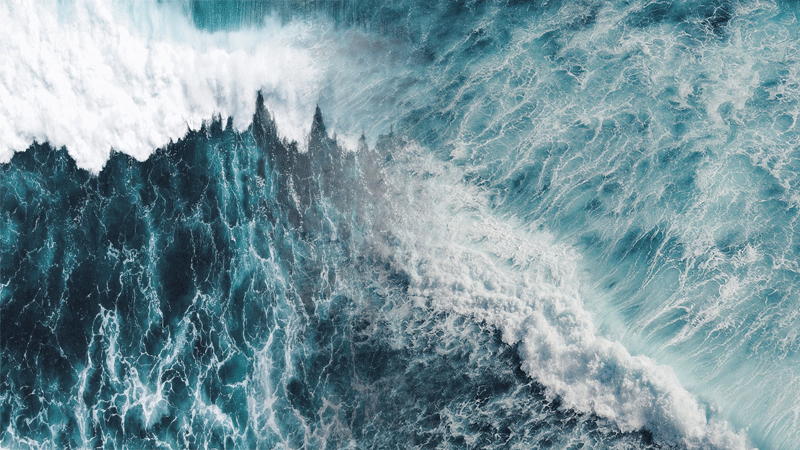The Minister emphasised that marine life and aquaculture are seriously threatened by the extremely stressed state of ocean ecosystems.

The Federal Minister for Climate Change stated at the Pakistan International Maritime Expo & Conference, hosted by the National Institute of Maritime Affairs, “Turning to the Blue Economy is the key to finding a sustainable economic model for Pakistan, but we must focus on climate adaptation and mitigation as climate change and plastic pollution are stressing and choking our oceans and seas, challenging our ability to embrace the Blue Economy.”
The Minister remarked, “We are in a dangerous decade because the pace of global warming has accelerated during this time. Science informs us that this accelerated pace of change is much faster than previously predicted, so we will experience it disproportionately.”
“Because we are not on track to keep the planet’s temperature below 1.5C as promised by the Paris Agreement, sea levels will be rising much faster. If things continue as they are, global warming will reach 2.8 or even 3 degrees by the turn of the century. We in the most vulnerable countries on the front lines will have experienced the burn much sooner than anyone else by that time.”
The Minister emphasised that marine life and aquaculture are seriously threatened by the extremely stressed state of ocean ecosystems. “Through the oceans, every ecosystem is completely interconnected. There are currently 400 dead zones in the world’s oceans, and as one ecosystem fails, another will follow, eventually affecting us as well.”
“The ocean serves as a conveyor belt for streams that control our seasons, and once those begin to slow down, we will face a serious crisis that will have an impact not only on marine life but also on life on land,” “the minister said.
Since they have absorbed 90% of carbon emissions over the past 50 years, the oceans, according to the minister, are the largest carbon sinks in the world.
“As the world’s largest carbon sink, our oceans are taking in more and more carbon dioxide from the atmosphere, which is causing the oceans to become increasingly acidic. Scientists warn that if emissions continue to rise, the Arctic could begin to melt as early as 2040. “Once the Arctic is no longer covered in ice, all tipping points will be reached,” “stated the Minister.
She continued, “Civilizations have used the oceans for conquests and for commerce, but now we judge the oceans based on their capacity to be a carbon sink and as the engine of a blue economy model that can make commerce sustainable. However, the oceans’ health is deteriorating as they are under severe shock and threat.